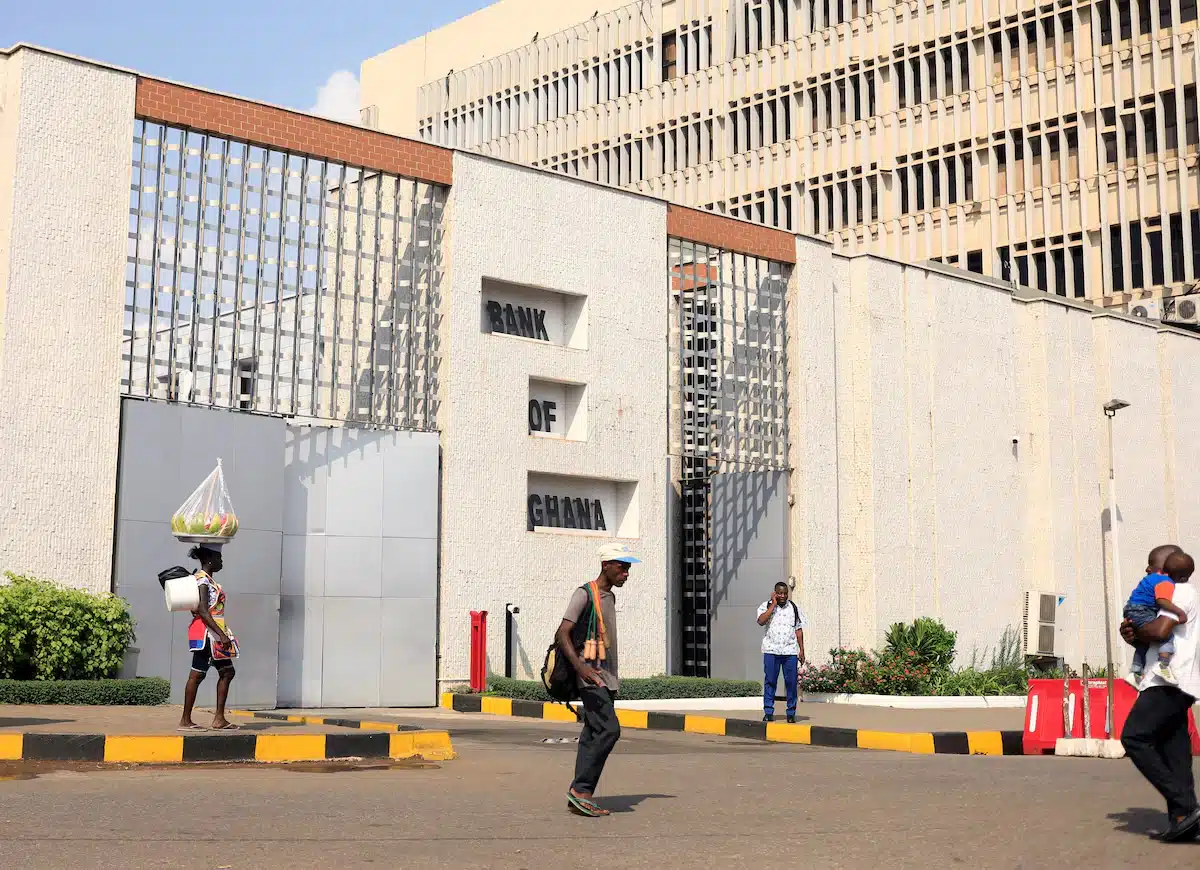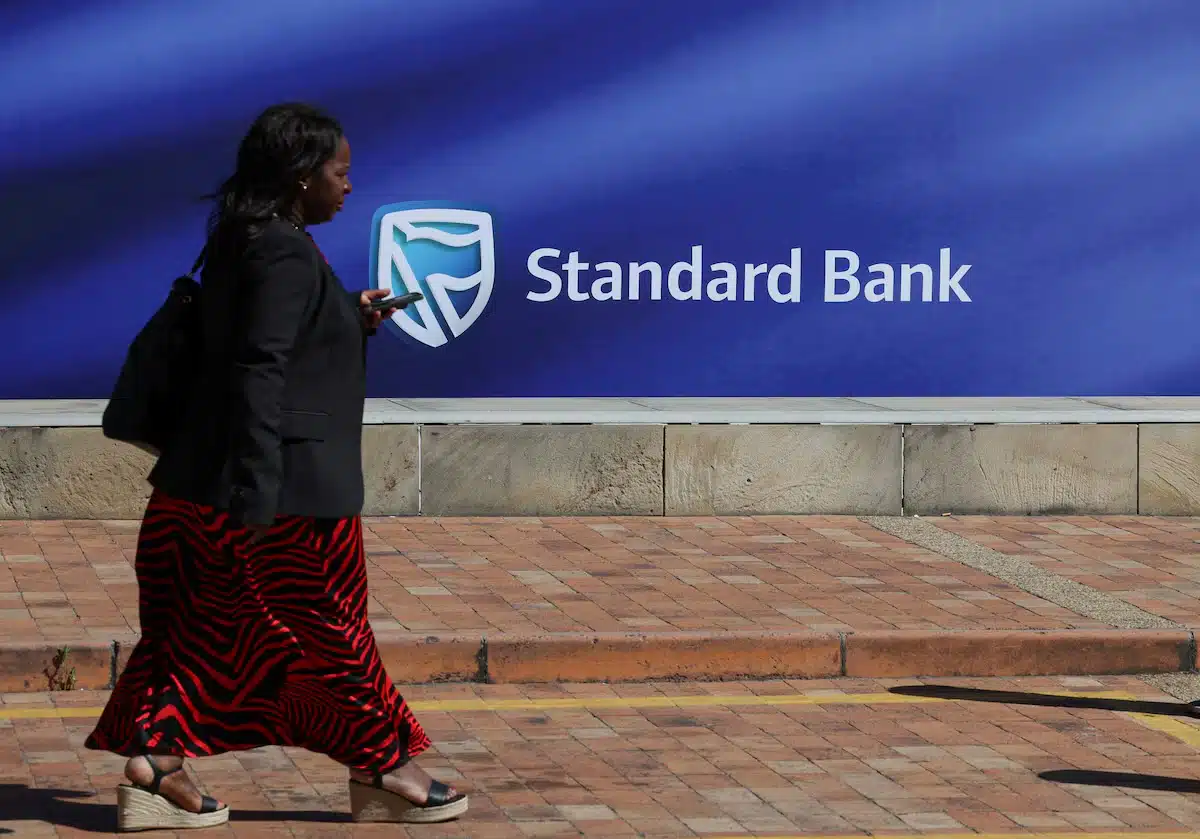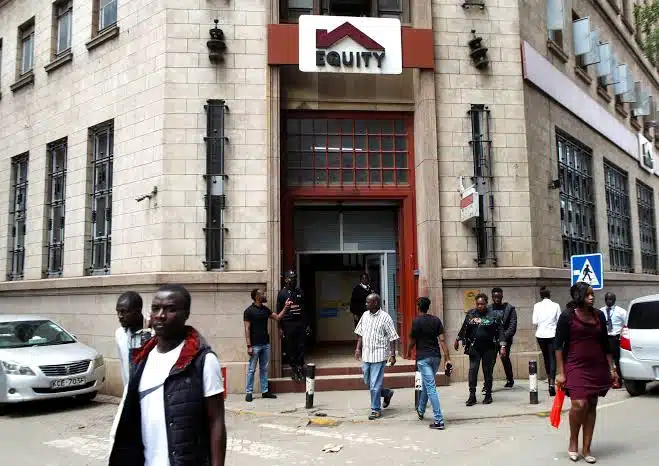The Bank of Ghana (BoG) has suspended the partnerships of five International Money Transfer operators (MTOs) for one month over violations of the country’s remittance guidelines.
Effective September 18, 2025, the affected operators—Taptap Send, Top Connect, Remit Choice, Send App, and Afriex—will be barred from processing transfers into Ghana, the central bank said in a statement on Thursday.
This marks one of the most high-profile regulatory actions against remittance operators in recent years, signaling the central bank’s intent to enforce compliance and preserve integrity in Ghana’s financial system.
The suspension follows breaches of the Updated Guidelines for Inward Remittance Services by Payment Service Providers, 2023, amended earlier this year. According to the BoG, the MTOs carried out unauthorised remittance transactions with local payment service providers (PSPs)—Halges Financial Technologies, Cellulant, and Flutterwave—through their settlement partner, UBA Ghana.
The regulator stressed that such activities undermine safeguards designed to protect Ghana’s financial system and ensure compliance in the foreign exchange market.
The suspension will remain in force for one month. After that, the operators may only resume activities if their PSP or banking partners reapply and secure clearance from the BoG.
“The aforementioned MTOs shall be permitted to re-engage in remittance activities only upon the re-application by their partner PSPs or banks for the Bank of Ghana’s consideration, following the expiration of the suspension period,” the statement said.
Remittances are a key source of foreign exchange for Ghana, contributing billions of dollars annually to the economy and supporting household incomes. In 2023, inflows rose to $2.43 billion from $2.07 billion in the previous year.
Analysts warn that even a temporary disruption could dent transaction volumes, particularly for Ghanaians abroad who rely on these platforms to send money home.
The BoG used the announcement to caution all market participants to comply strictly with foreign exchange regulations and operational guidelines. The move underscores the regulator’s heightened scrutiny of financial service providers as it works to stabilise the cedi and tighten oversight of digital financial flows.










